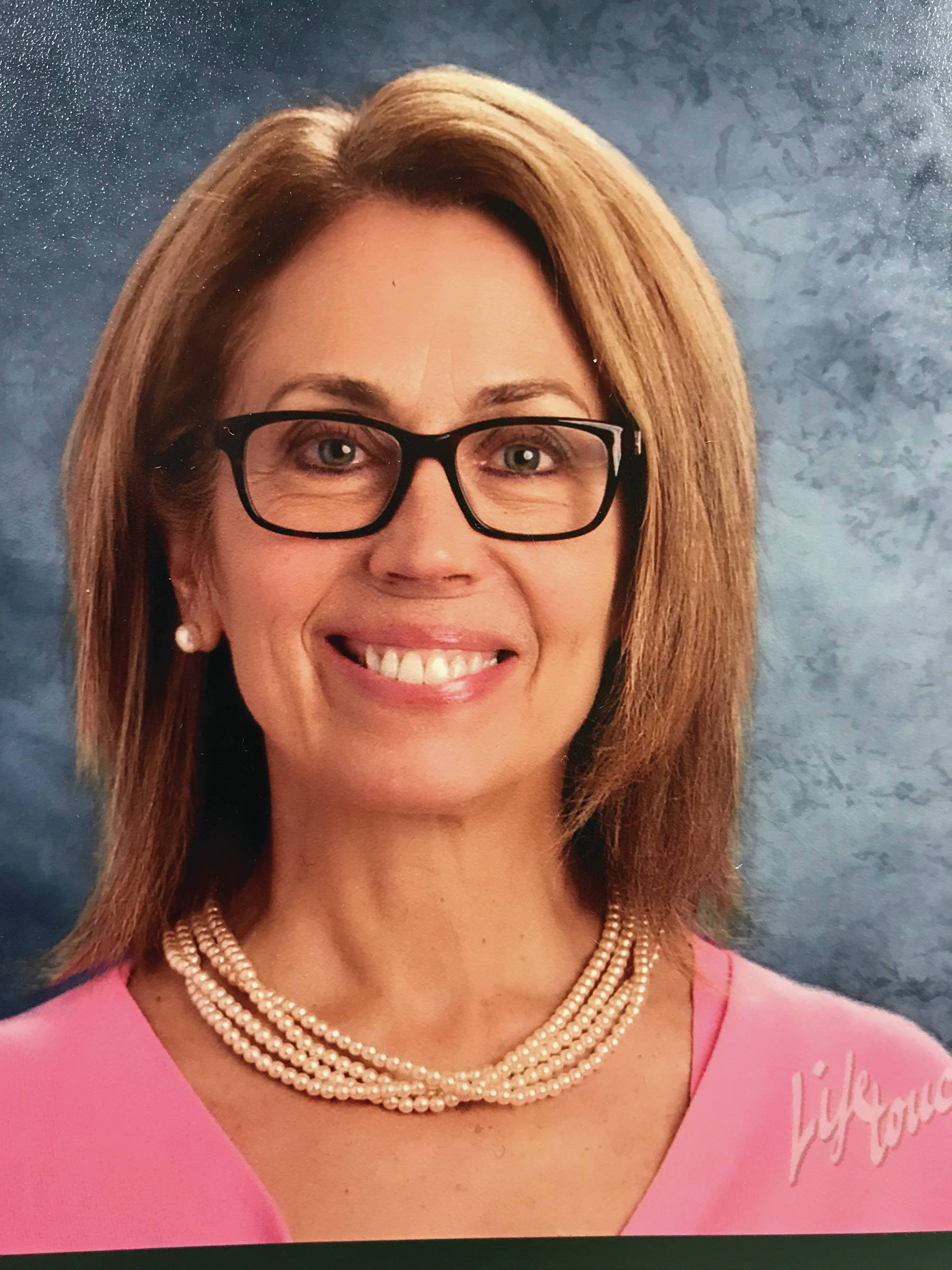What do we do when we experience conflict? How do we feel when we know that we have been harmed? Communities and schools across the United States are implementing restorative practices into their judicial and discipline systems. The Kenai Peninsula Borough School District is in the beginning stages of embracing the good that restorative practices can bring to our students.
We are fortunate to have the Homer Foundation in our community as a forward thinking group willing to step forward in supporting the implementation of restorative practices in schools. This has been exampled by the Foundation awarding one of the first Educators Professional Development Awards in the area of training for restorative justice. This past spring, I was honored to be this recipient in the pursuit of my passion in changing lives and changing hearts.
Restorative Justice is an effective means of reaching individuals. For schools, it means keeping students in school in order for learning and growth to occur on a consistent and steady basis. For communities, it means holding offenders accountable for their actions. When wrong has occurred, offenders who have experienced the restorative justice procedures and personalized connections receive a level of self-reflection, understanding and ownership that is often new for them. Restorative Practices teach students life-long learning and coping skills that build instead of destroy self-esteem.
The fundamentals of Restorative Practices are to develop community and to manage conflict and tensions by repairing harm and restoring relationships. It is about trust building, understanding and collaboration. It has its roots in indigenous approaches to living in relationship with one another, including traditions of storytelling in circle and re-integration of those who have harmed other members of the community. These practices are trauma-informed and provide ample opportunities for social-emotional learning for students, school staff and parents.
Homer Flex, with the expertise of Ingrid Harrad, has found enormous success in the recent years with their students when following the guidelines of Restorative Practices. In the West Homer Elementary/Fireweed Academy Youth Court program, we train our fifth and sixth grade students in the skills needed to facilitate restorative conversations and problem-solve with their peers. (Homer News, April 11, 2019.)
The process begins with a talking circle. Talking circles work best with a talking piece held by the speaker. This honors the individual who is speaking while all others listen in complete respect. All participants know that they will have their opportunity to speak from the heart in the process.
Questions asked during a restorative justice circle include;
• What happened?
• What were you thinking at the time?
• What have you thought about since?
• Who has been affected by what you have done? In what way?
• What do you think you need to do to make things right?
The West Homer/ Fireweed Academy Youth Court/Restorative Practices program during the 2018-19 school year, under the guidance and expertise of Ginny Espenshade, Director of the Kenai Peninsula Youth Court, made a profound difference in the lives of our students. As the school Youth Court coordinator, I was able to see positive benefits with our students as their skills blossomed and they personally experienced the differences of the traditional punitive system and one of restoration and renewal.
Restorative Practices is a means to restore relationships through reflecting upon the act or a failure to meet expectations, while acknowledging the good of the person and their potential contribution to school and society. With our students, we explored the issue of cyberbullying based on the book, Bully by Patricia Polacco with our fifth and sixth grade students. We held circle talks to solve the issue of, How the Grinch Stole Christmas with our third and fourth grade students. The Youth Court graduates took their skills further with opportunities in their homes, with their families, with their peers and with students in the younger grade levels. The work of our students has been a powerful agent of change in the school.
There are opportunities surrounding us daily in our homes, in our workplaces, in our community to reach out for the rewards of relationships and interactions in our lives. The hamlet of Homer is an ideal mecca for Restorative Practices to thrive. With this, we all benefit.
Rebecca Paul is a longtime Homer resident and a teacher at West Homer Elementary School.



